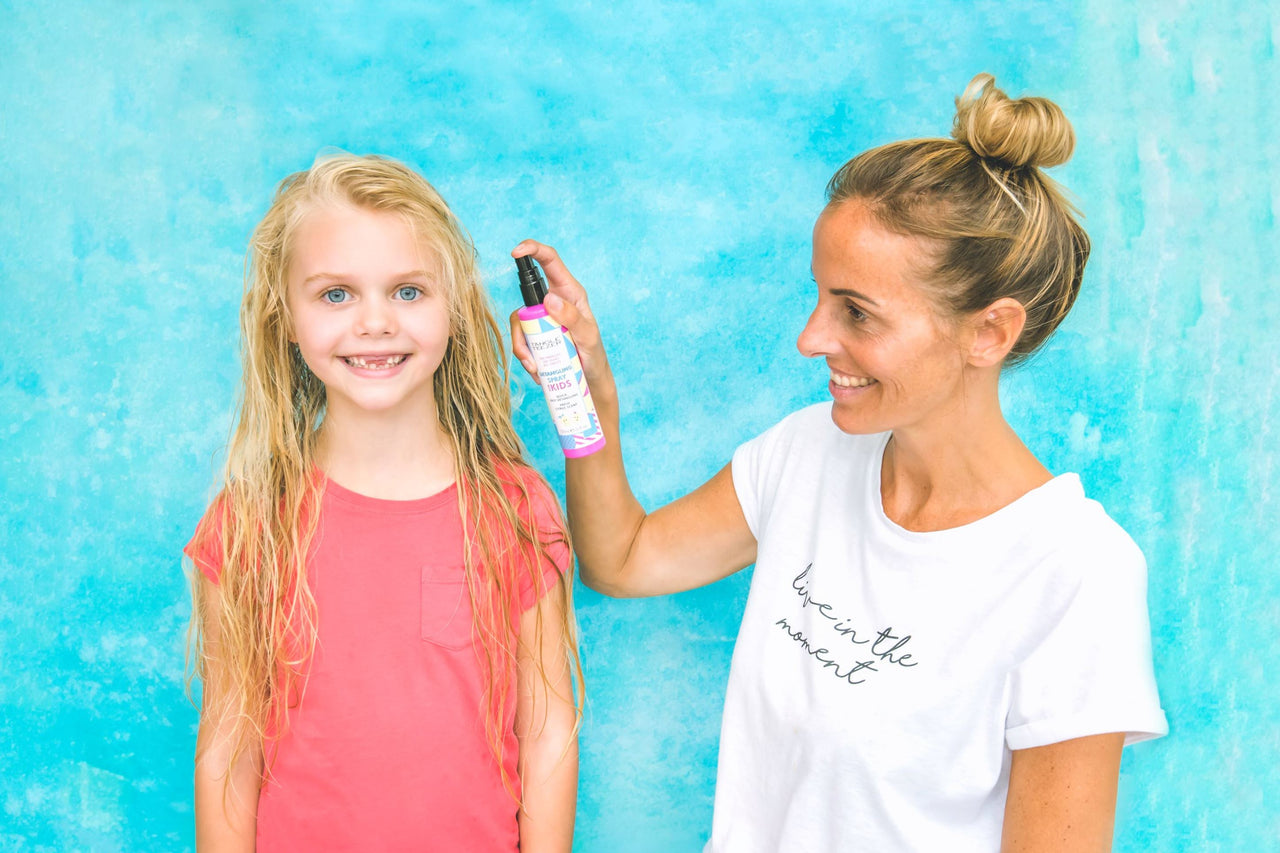We understand how important it is to get your children talking about how they’re feeling, especially in these extenuating circumstances. We’ve teamed up with Dr Sam Wass to share with you 8 tips to help your child open up about how they’re feeling, and really detangle their day.
The last few months have been a massively stressful time for everyone. But for children – who tend to live much more ‘in the moment’, and who often understand little about why these new rules are being imposed – it has been a particularly tough few months. Children are always better at understanding how another child feels, as their perspective on life is more similar – but many children aren’t getting as much access as normal to their friends at the moment, which makes things even harder.
It’s natural that parents want to support their children through this difficult period. But getting them to open up can be hard. You have to play so many different roles as parents. And it’s very easy to get stuck in one role - which can make it hard to shift gear into situations where you just want to provide emotional support.
Hair detangling time offers the perfect opportunity to talk. Taking this time with your child to really discuss how they’re feeling can do the world of good. Our new Detangling Spray for Kids is the perfect addition to your detangling routine for quick, easy and painless detangling. And no more tears or tantrums means there’s more time to time to talk it out.
Here are some tips from Dr Sam Wass on how to help your child to open up to you about how they’re feeling:
Face-to-face isn’t always best. A lot of children find face-to-face contact - especially with eye contact – quite intense, and challenging. A lot of the best, most relaxed conversations happen while you’re both facing forwards – like detangling your hair or driving a car.
Physical touch is relaxing. Gentle physical touching is calming – for both child, and parent! It helps us to relax, and also to pick up more subtle cues about how one another is feeling. This is particularly true for touching on the head, which is a particularly trusting form of touch – which is a great reason why time spent brushing or detangling your child’s hair can be the perfect time to talk about things.
Make it feel like their treat time. Encouraging a child to open up to you is about making them feel in control. And a good way to signal this is to let them choose their hairstyle. Whether it’s French plait pigtails, bunches or an intricate braid, letting them choose is a sign that you're interested and value them. The more complicated it is, the more time you’ll have to chat! And you can always take it out afterwards…
Start with some of their favourite topics. If you’ve a particular question that you want to ask, don't come straight to it. It can help to encourage them to open up by first asking some questions about their favourite topics – like their hair, or their most loved TV show. This can get them into a talkative mood before you get onto what you really were planning to talk about…!
Use open-ended questions, and be patient. Avoid questions with a yes/no answer, but aim instead for open-ended questions - that start with how/what/where/when/how. And it’s fine to leave pauses! Having a joint activity, such as doing their hair, means that they won't feel awkward - you're both concentrated on the hair brushing, detangling or styling, and the pause can be filled by touch rather than talking - until they’re ready to open up.
Summarise, and reflect. Once they’ve started to talk, then a good tactic is to summarise what they’ve said, adding in a few verbal labels that help show that you understand how you’re feeling, before you ask the next question. ‘So X said Y, and that made you feel P. And then what happened next?’ Showing that you’re listening, and that you understand what your child is feeling, can help build up the trust needed to open up further.
Don’t deny their feelings, and don’t try to ‘fix’ things. It’s tempting, particularly with our children, to tell them what they should (or shouldn’t) be feeling - or try to fix their problems. But research suggests that neither of these techniques is an effective way to manage emotions. So it’s tempting to try to persuade them that ‘actually it’s not that bad because…’ or ‘if you just do/think this then you’ll feel better’. But sometimes the most helpful solution is just to empathise - to listen, to acknowledge, to reflect back and to accept their feelings.
Show your vulnerable side. We’re used to being the strong ones – but it can help to say that you're having a difficult time too. And asking your child to take their turn at detangling or brushing your hair shows trust, allows them to be in control, and means you're sharing a task equally - you do their hair, and they do yours.
Shop our new Detangling Spray range for all hair types now, and detangle your child’s day.






